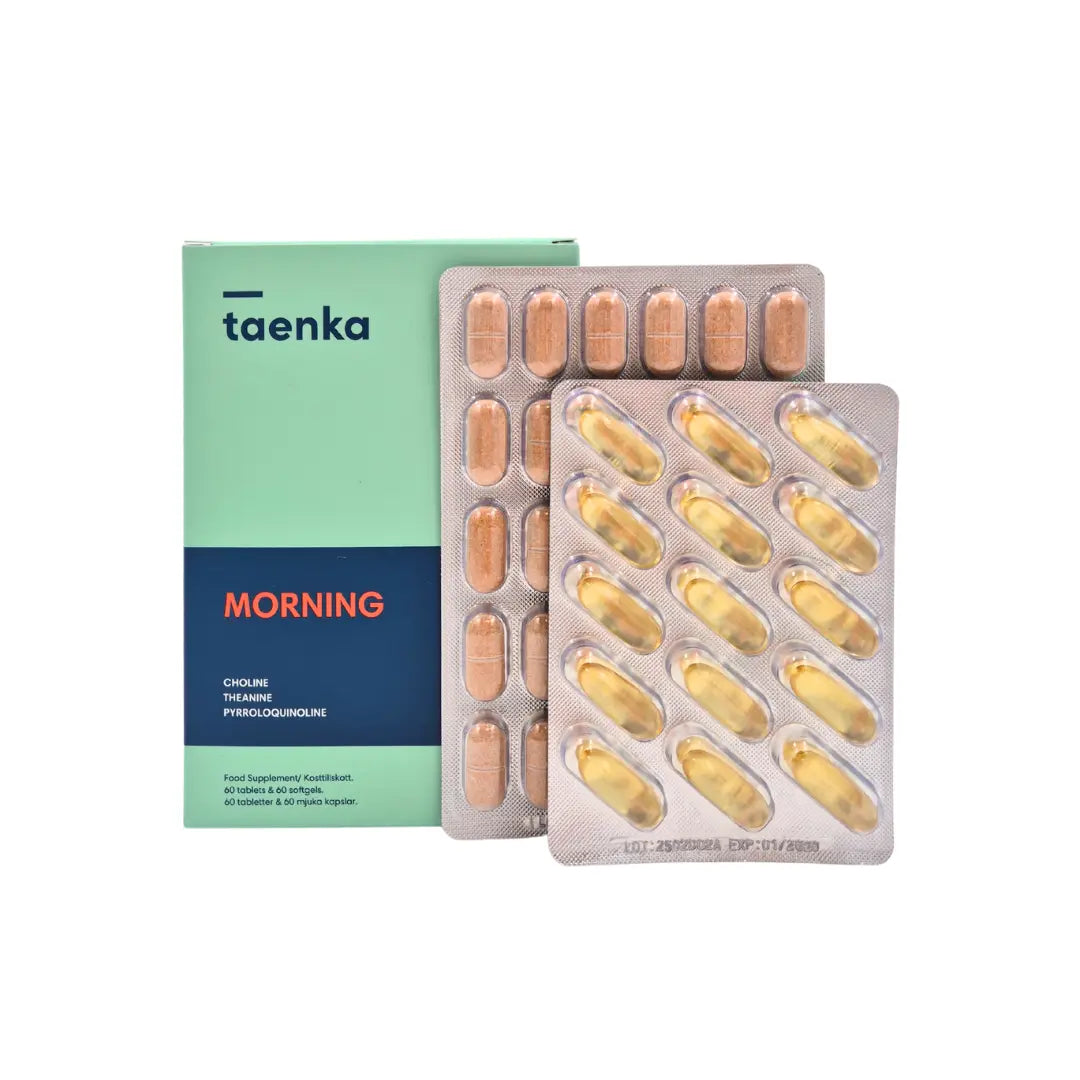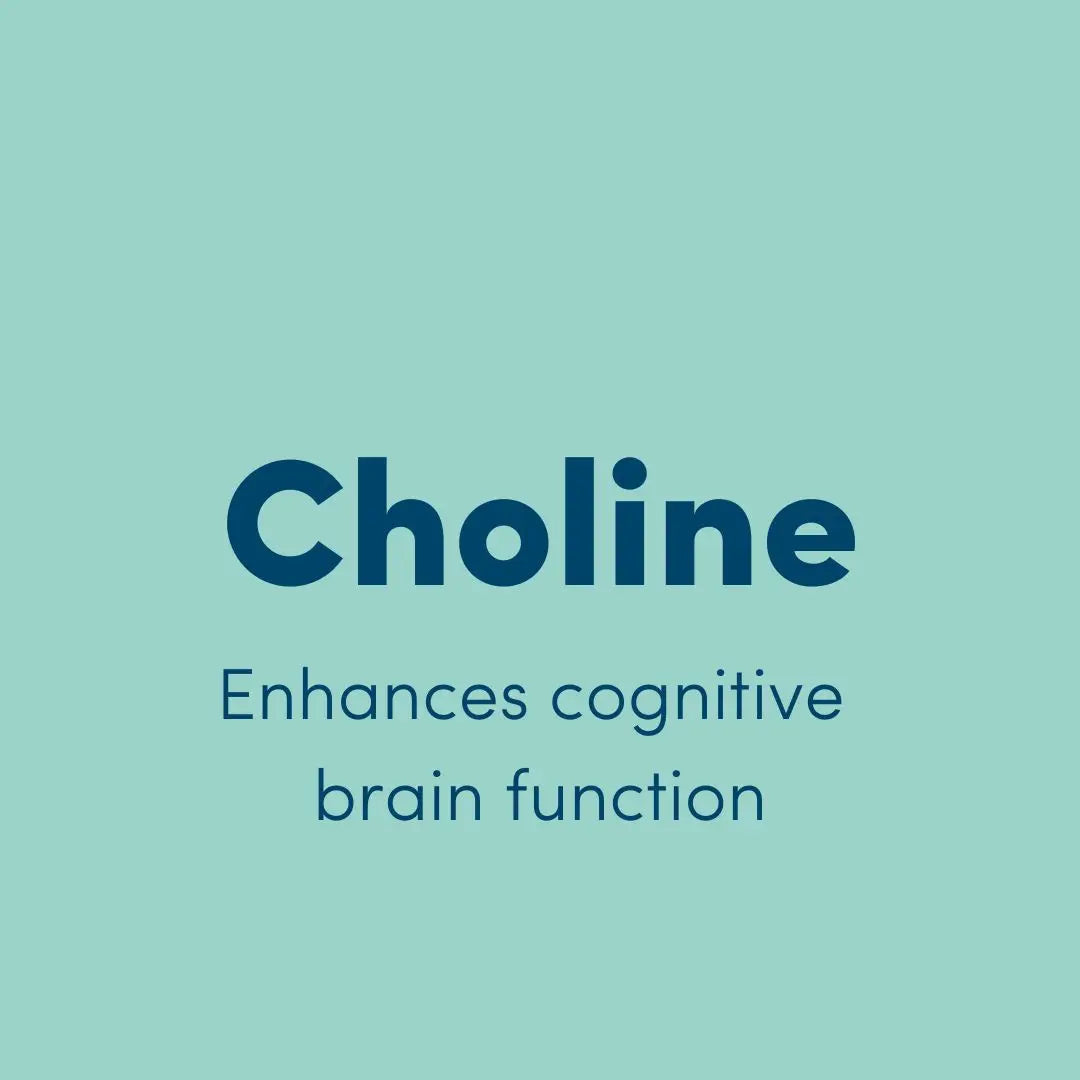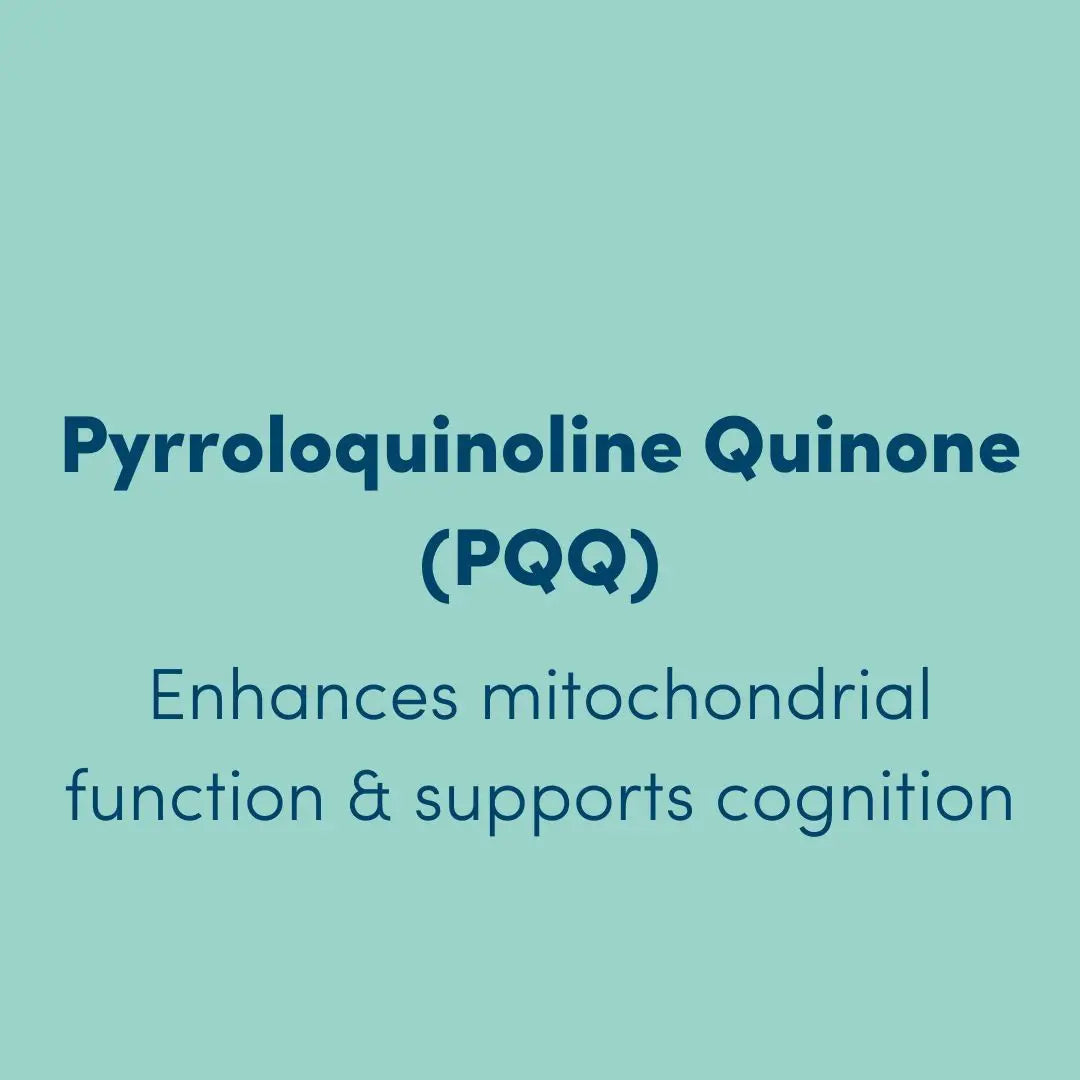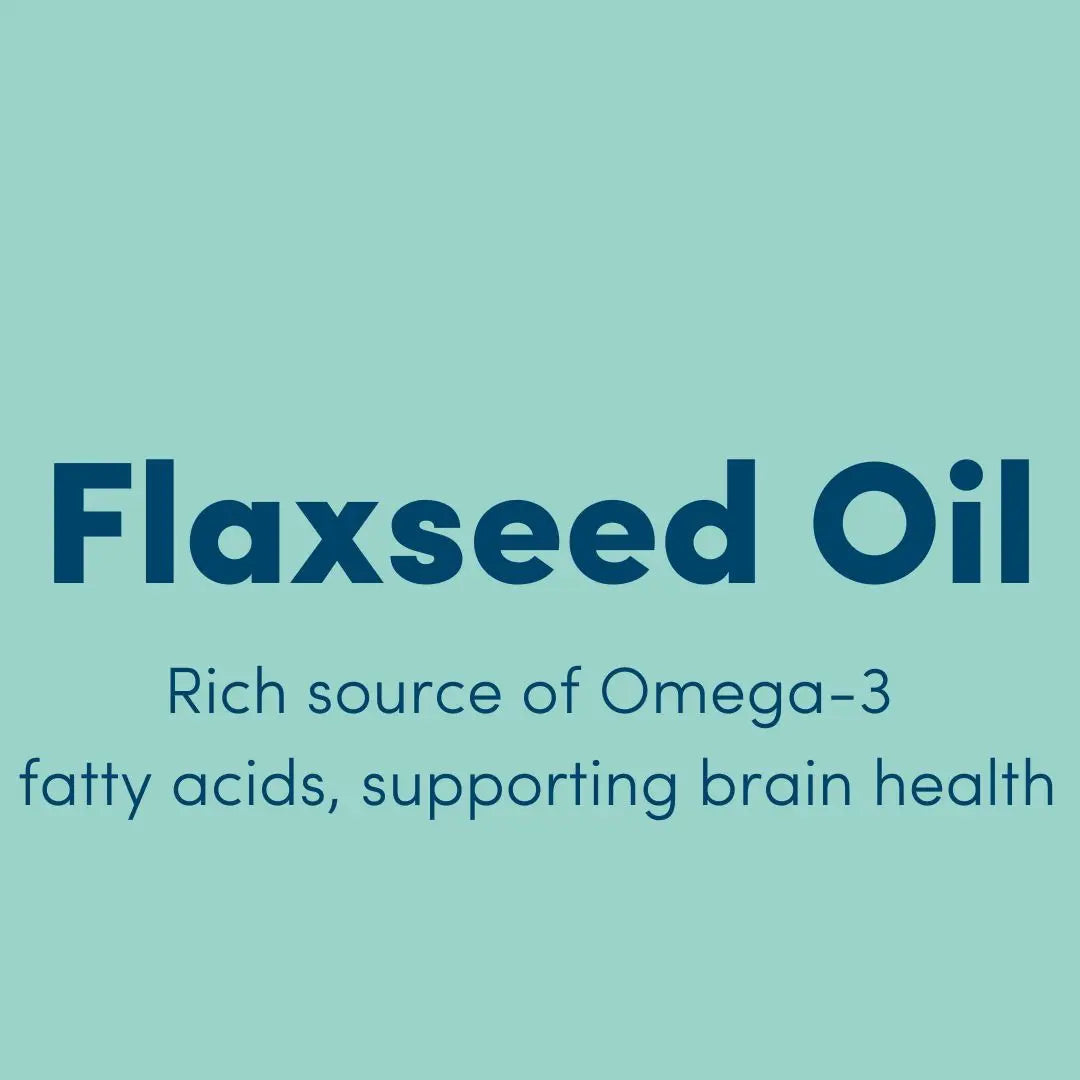Neuroinflammation - A Key to Long-Term Brain Health
The human brain is our most intricate and energy-demanding organ. It governs everything from memory and focus to emotional regulation and motivation. To perform at its best, the brain relies on a finely tuned immune response. When this balance is disrupted, a silent but significant process can occur, neuroinflammation.
Unlike the visible swelling we associate with inflammation in other parts of the body, neuroinflammation is often low-grade and chronic, silently impacting neural tissues over time. It plays a central role in a wide range of neurological and psychiatric disorders, including Alzheimer’s disease, Parkinson’s, multiple sclerosis, depression, and chronic stress.
But what exactly is neuroinflammation? Why does it happen, and how does it affect our brain function, mood, and long-term mental clarity? More importantly, what can we do to prevent or mitigate it through evidence-based lifestyle and nutrition strategies?
In this guide, you’ll learn:
- What neuroinflammation is and how it develops
- Key symptoms and risk factors to be aware of
- How your diet, sleep, gut health, and stress levels influence brain inflammation
- The most effective anti-inflammatory nutrients and supplements for long-term brain resilience
Whether you're looking to protect cognitive function, support mental balance, or stay sharp as you age, understanding and addressing neuroinflammation may be a powerful piece of the puzzle.

What is neuroinflammation?
Neuroinflammation is the inflammation of nervous tissue, often in the brain or spinal cord. It plays a central role in neurological disorders like Alzheimer’s, Parkinson’s, depression, and multiple sclerosis.
Common symptoms of chronic brain inflammation
Chronic brain inflammation, also known as low-grade neuroinflammation, can impact your daily life long before it shows up on clinical tests. The symptoms often develop gradually and are easy to dismiss as “just stress” or general fatigue.
Typical signs include:
- Mental fatigue or “brain fog”
- Difficulty concentrating and memory issues
- Irritability, low mood, or anxiety
- Sleep disturbances
- A sense of not fully recovering mentally
If you recognize these signs in yourself or others, it may be time to look deeper into the possible role of chronic inflammation in your brain.

Why does it matter for mental health and aging?
Neuroinflammation plays a pivotal role in the development and progression of various mental health conditions and neurodegenerative diseases. Chronic, low-grade inflammation in the brain has been linked to disorders like depression, anxiety, and even schizophrenia.
As we age, the body’s immune response becomes dysregulated, often leading to an overactive or prolonged inflammatory state in the brain. This persistent inflammation can impair synaptic plasticity, damage neurons, and interfere with neurotransmitter balance, key factors in maintaining cognitive health and emotional stability.
Understanding and addressing neuroinflammation is therefore essential for preserving mental clarity, emotional resilience, and overall brain function as we grow older.
Causes and triggers of neuroinflammation
Neuroinflammation can be triggered by a wide range of internal and external factors. Common causes include:
- Infections: Viral, bacterial, and fungal infections (like COVID-19 or herpes simplex virus) can activate immune cells in the brain, sparking inflammation.
- Autoimmune diseases: Conditions such as multiple sclerosis involve the immune system attacking the brain’s own tissues.
- Traumatic brain injury (TBI): Physical damage to the brain can initiate a long-lasting inflammatory response.
- Chronic stress: Prolonged psychological stress elevates cortisol and inflammatory cytokines, increasing brain inflammation.
- Environmental toxins: Exposure to pollutants like heavy metals or pesticides can cross the blood-brain barrier and trigger immune responses.
- Aging: Natural immune system changes in older adults can promote a pro-inflammatory state, even in the absence of clear illness.
Understanding these triggers is crucial for both prevention and treatment of inflammation-related brain conditions.
Effective strategies to reduce neuroinflammation
Tackling neuroinflammation requires a multi-pronged approach. Lifestyle and nutritional strategies can help lower inflammation and support brain resilience:
a) Diet and anti-inflammatory nutrients
A Mediterranean-style diet, rich in fruits, vegetables, whole grains, fatty fish, legumes, and olive oil, has been shown to reduce systemic and neuroinflammation. Key nutrients include:
- Omega-3 fatty acids (found in salmon, walnuts, flaxseed): Help regulate immune responses and protect neuronal membranes.
- Polyphenols (from berries, green tea, dark chocolate): Antioxidants that counteract oxidative stress in brain cells.
- Curcumin (from turmeric): Has potent anti-inflammatory properties and may reduce amyloid plaque buildup linked to Alzheimer’s.
- Vitamin D: Supports immune balance and has been linked to a reduced risk of depression and cognitive decline.
b) Exercise and movement
Regular physical activity is one of the most effective interventions for reducing inflammation and enhancing brain health. Moderate aerobic exercise (such as walking, swimming, or cycling) reduces the release of pro-inflammatory cytokines and increases the production of brain-derived neurotrophic factor (BDNF), a protein that supports neuroplasticity and memory. Just 30 minutes of movement, 3–5 times per week, can lead to significant long-term reductions in both systemic and neuroinflammation.
c) Sleep, stress management & mental recovery
Chronic sleep deprivation increases inflammatory markers in both the body and the brain. Deep, restorative sleep helps clear metabolic waste (including amyloid-beta) from the brain through the glymphatic system. In parallel, stress-reducing techniques like meditation, breathwork, journaling, and cognitive behavioral therapy (CBT) can lower cortisol levels and inhibit stress-induced inflammation. Prioritizing mental recovery is not only beneficial for mood, it’s protective for long-term cognitive function.
d) Supplements that support brain health
In addition to diet, certain supplements may offer targeted support against neuroinflammation. These include:
- Omega-3 (EPA/DHA): High-quality fish oil supplements are associated with lower inflammation and improved cognitive performance.
- Curcumin: Best taken with black pepper (piperine) for enhanced absorption; has been studied for use in Alzheimer’s and depression.
- Magnesium: Vital for nerve transmission and calming the nervous system, often depleted by stress.
- Probiotics: Gut health directly affects brain inflammation via the gut-brain axis. A balanced microbiome supports a healthier immune response.
Always consult a healthcare provider before beginning any supplement regimen, especially when dealing with chronic inflammation or neurological conditions.

The Impact of Neuroinflammation on Brain Health
Neuroinflammation plays a significant role in several neurological and psychiatric conditions. Chronic inflammation in the brain has been linked to neurodegenerative diseases such as Alzheimer’s, Parkinson’s, and ALS, where it contributes to the progressive loss of neurons. It also appears in various mental health disorders like depression and schizophrenia, where inflammatory markers are often elevated. Furthermore, persistent inflammation is associated with cognitive decline, affecting memory, attention, and decision-making. Even chronic pain conditions, including migraines, are now understood to involve neuroinflammatory pathways.
How to Manage and Reduce Chronic Brain Inflammation
While it may not be possible to eliminate neuroinflammation entirely, several lifestyle and medical strategies can significantly reduce its impact. A nutrient-rich, anti-inflammatory diet that includes leafy greens, omega-3 fatty acids, and whole foods can help modulate immune responses. Regular physical activity improves circulation, reduces inflammation markers, and supports neuroplasticity. Adequate sleep and effective stress management techniques, like meditation or breathwork, are also essential in calming overactive immune responses in the brain.
Environmental toxins, such as air pollutants and synthetic chemicals in food or cosmetics, can also trigger neuroinflammation. Minimizing exposure through conscious choices can make a measurable difference. For those dealing with autoimmune or chronic neuroinflammatory conditions, targeted medical treatments and supplements, such as curcumin, omega-3, or specific nootropics—may provide relief under professional guidance.
Final Thoughts
Understanding neuroinflammation is crucial for long-term brain health. As both a defense mechanism and a potential risk factor, its regulation is key to preventing cognitive decline and protecting mental well-being. By adopting a brain-supportive lifestyle—combining nutrition, movement, stress reduction, and proper sleep, we can create lasting resilience against the harmful effects of chronic brain inflammation.





